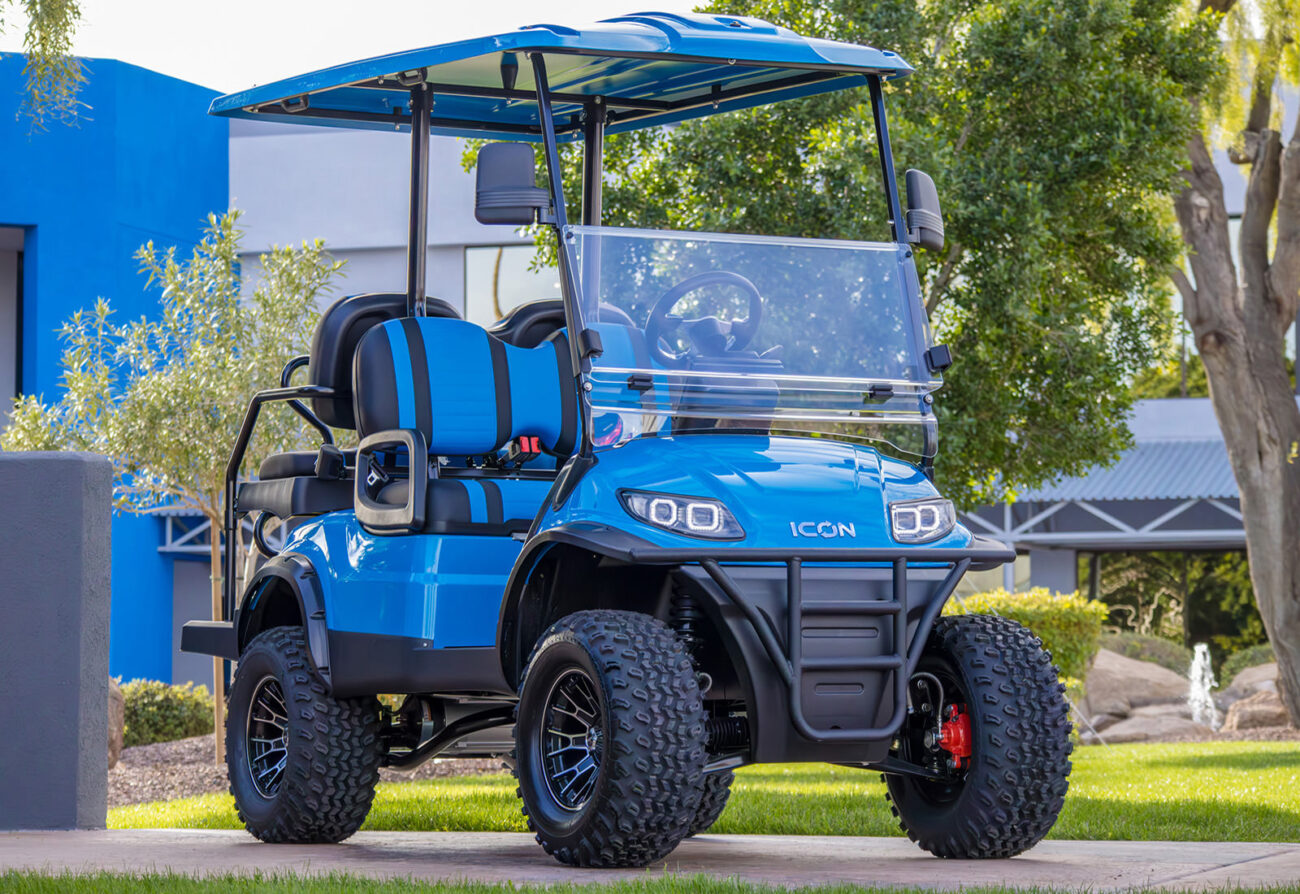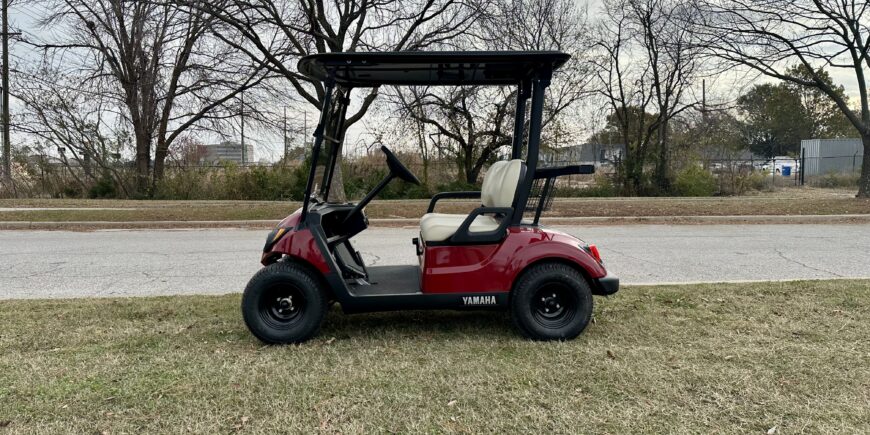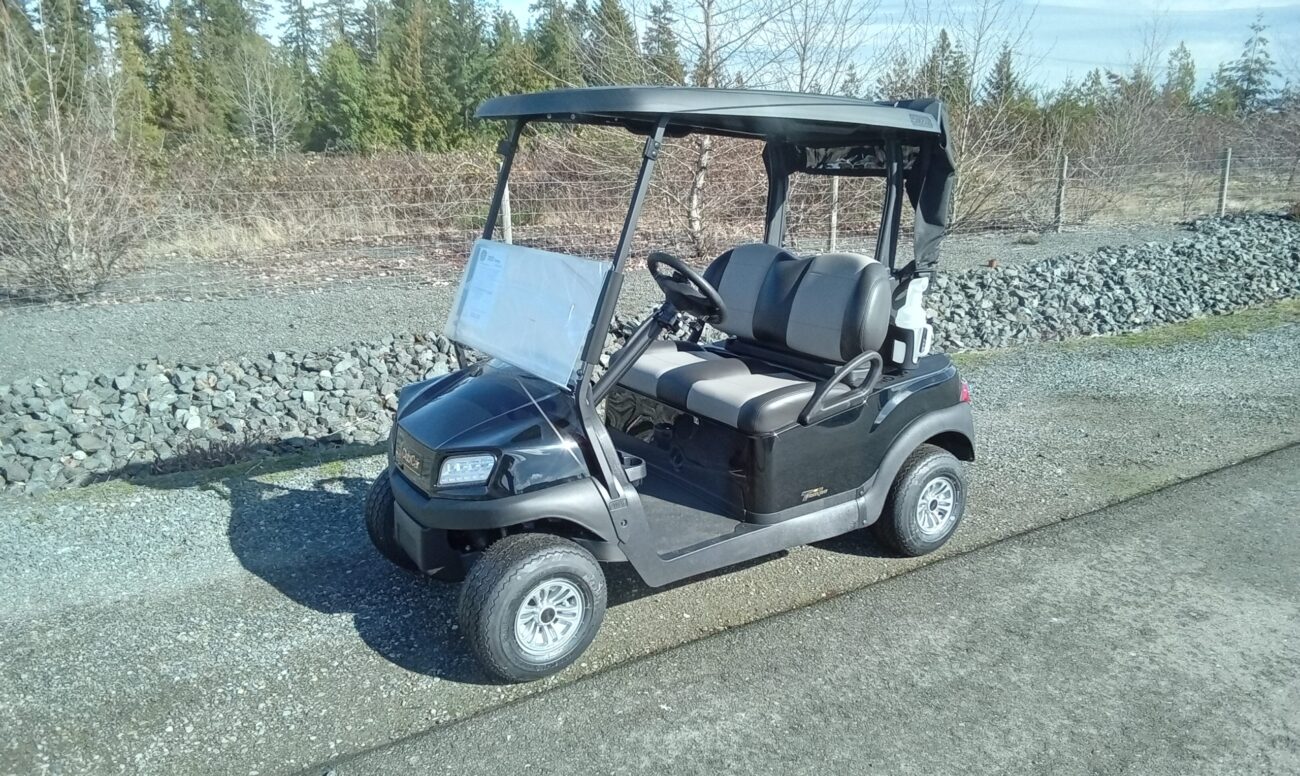
Do You Need a License to Drive an ATV Understanding ATV Regulations Across States
If you're considering riding an ATV, you might wonder if you need a special license to drive. This article explores the licensing requirements for ATVs, focusing on regions like California, Florida, Michigan, and Arizona. Additionally, we will discuss the differences between using ATVs off-road and on public roads.
ATV Laws in California
In California, ATV regulations are strict, especially regarding off-road usage. To operate an ATV on public land, riders must adhere to specific guidelines set by the California Department of Motor Vehicles (DMV). While a special driver’s license isn’t required for off-road use, riders must be at least 16 years old to operate an ATV without supervision. Those under 16 are required to complete an ATV safety training course to legally ride.
When it comes to using an ATV on public roads, California is one of the states that restricts their use significantly. ATVs are not street legal unless specifically modified to meet California's road safety standards. Riders must ensure that their ATV has the necessary equipment, such as working lights, mirrors, and registration, before they can legally drive it on public roads. Additionally, the ATV must pass state emissions requirements.
ATV Laws in Florida
In Florida, ATVs are primarily meant for off-road use. To operate an ATV off-road, riders do not need a special license unless they are riding on public lands or riding on trails that require a specific permit. Riders under 16 years of age must wear a helmet when operating an ATV in Florida, regardless of where they are riding.
Florida has some areas where ATVs are allowed to be used on public roads, but these are typically in rural or off-road areas where specific road use permits are granted. Florida law requires that these vehicles be registered, and the driver must have a valid driver’s license. In addition, certain safety features, including working lights, reflectors, and mirrors, must be installed for an ATV to be allowed on designated public roads.
ATV Laws in Michigan
Michigan has a combination of strict and flexible ATV regulations, depending on where the vehicle is being used. On public trails and designated off-road areas, no special license is required, but riders must adhere to local trail rules and regulations. Minors under the age of 16 must take an ATV safety course before riding on public land. Michigan offers an off-road vehicle (ORV) sticker that ATV owners must display when riding on state land.
For on-road use, Michigan has certain areas where ATVs can be legally driven. These roads are typically in rural regions with speed limits of 25 mph or lower. To use an ATV on public roads, riders must ensure their vehicle is properly registered, and it must have necessary safety equipment like lights and turn signals. Additionally, riders must have a valid driver’s license to operate an ATV on these roads.
ATV Laws in Arizona
In Arizona, the use of ATVs is encouraged in off-road environments, and no special license is required for off-road riding. However, Arizona has set regulations regarding age requirements for riders. Riders under 12 years old must be supervised by an adult while operating an ATV, and riders between 12 and 15 years old must take an ATV safety course to legally operate the vehicle. This course is mandatory for anyone under 18 who plans to ride on public lands.
For on-road usage, Arizona is more permissive than many other states. Many Arizona cities and towns allow ATVs to be used on local streets, particularly in rural or residential areas. These areas may have lower speed limits and specific roads designated for ATV use. Riders must ensure that their ATV has a valid registration, and the vehicle must meet specific safety requirements, such as lights, reflectors, and turn signals, for use on public roads.
Differences Between ATV Use Off-Road and On-Road
While ATVs are primarily designed for off-road use, they can be used on public roads in certain circumstances, but they must comply with specific legal requirements to do so. Below, we’ll explore the key differences between ATV usage off-road versus on-road.
Off-Road ATV Use
ATVs are built for off-road use, and many riders enjoy taking their vehicles on trails, dunes, and backcountry roads. In most states, off-road ATVs do not require a special license or registration for non-public land use. However, certain public areas, like national forests or state parks, may require a special off-road vehicle permit or a safety course for riders under 16 years old.
Riders should be aware of designated off-road areas and trail systems that may require permits or have age restrictions. Off-road riding typically involves fewer legal restrictions, but it’s crucial to follow the rules specific to the riding area. Additionally, safety gear such as helmets, gloves, and protective clothing is recommended when riding off-road.
On-Road ATV Use
On-road ATV use is far more restricted than off-road riding. In most states, ATVs can only be driven on public roads in specific situations, and these vehicles must meet certain safety standards. To legally drive an ATV on public roads, the vehicle must be equipped with working lights, turn signals, rearview mirrors, and other necessary safety features like seat belts or helmets for the rider. The ATV must also be registered and insured, and the rider must possess a valid driver’s license.
Additionally, the roads where ATVs are allowed to travel must have low speed limits, usually under 35 mph. In some cases, there may be special ordinances that allow ATV use on local roads or designated streets within rural areas or residential zones.
Conclusion
ATV regulations vary significantly by state, and the legal requirements depend on where and how you plan to ride your vehicle. In states like California, Florida, Michigan, and Arizona, ATV use on public roads is possible, but each state has different rules and regulations regarding licensing, registration, and vehicle modifications. Whether you're riding off-road or on public roads, it’s important to understand the laws in your state to avoid fines and ensure your safety. Always make sure your vehicle is properly equipped and registered for road use, and consider taking an ATV safety course to protect yourself and others on the trails.
For more information about purchasing and modifying your side-by-side vehicle to meet local road use regulations, consult with authorized dealers who can provide guidance and resources.





Add a review
Your email address will not be published. Required fields are marked *